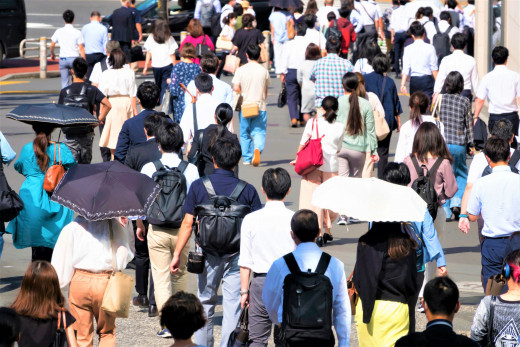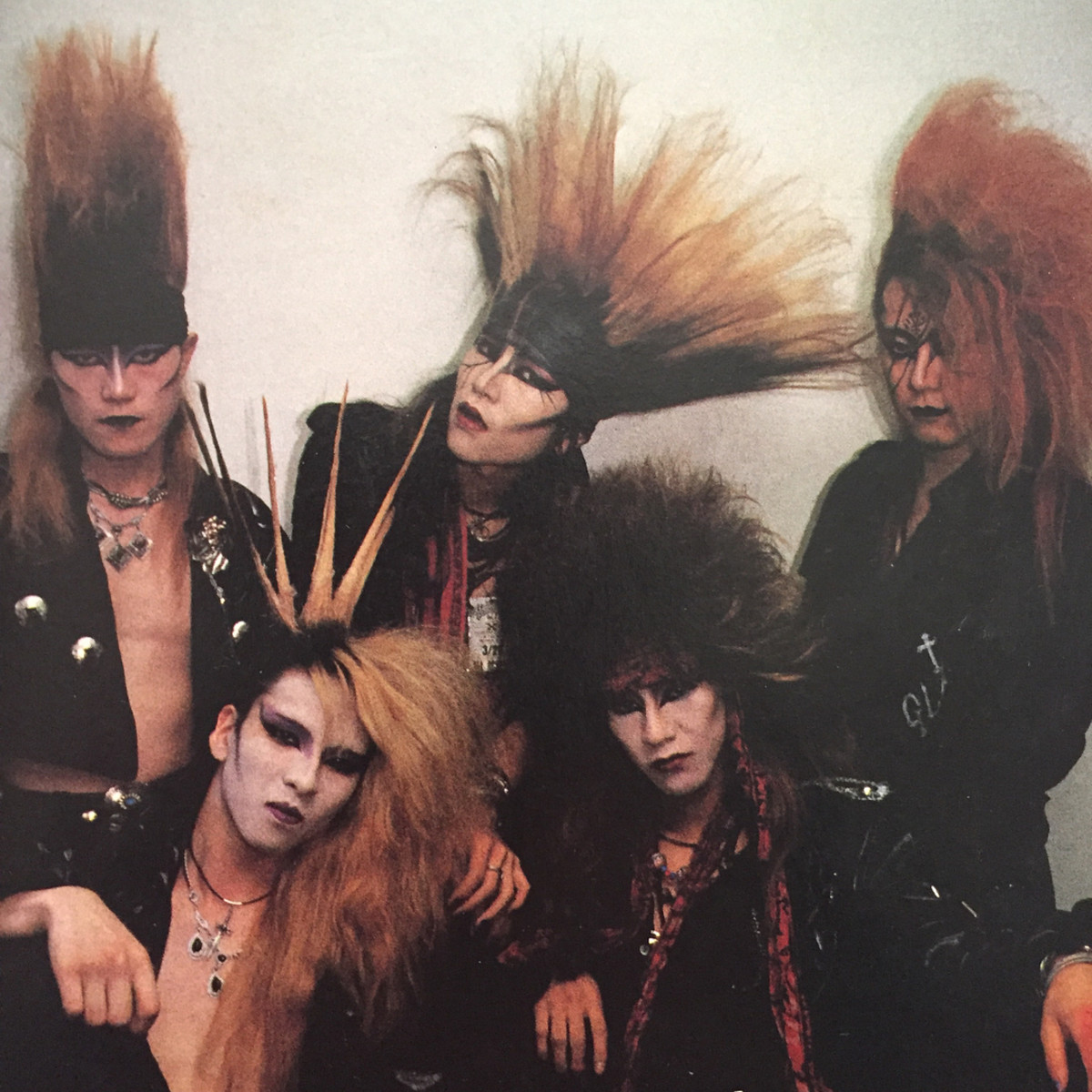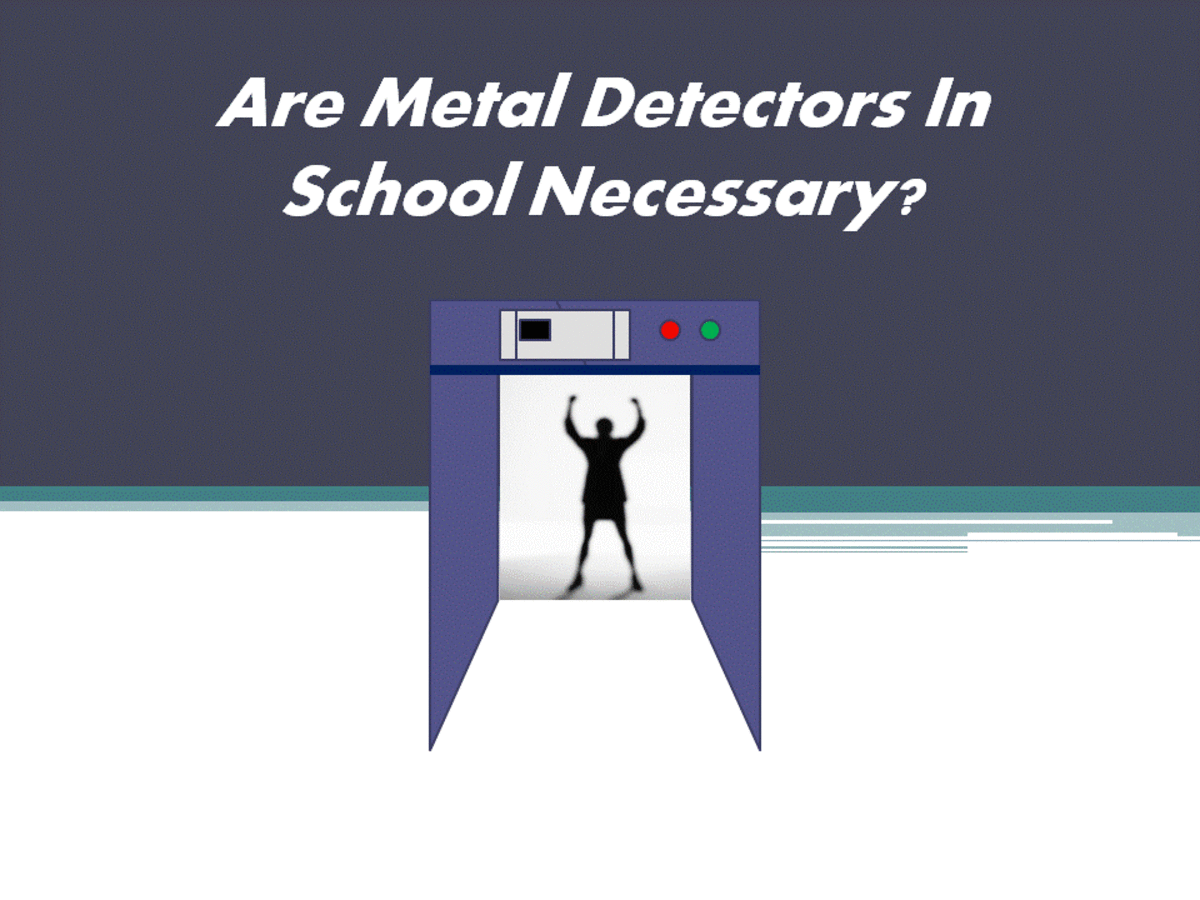Japan During A Pandemic
Japan is arguably one of the most developed countries in the world. Unfortunately, COVID-19 didn't avoid them. Their measures against corona virus have mixed feeling in the eyes of the public. Some say the measures were correct and appropriate, while others say the measures were just not strong enough, which led to the further spread of the virus.
But how where Japanese people, one of the hardest working people in the world, dealing with the pandemic individually?

62% of Japanese Worked While Sick During Outbreak
According to an online survey, over 60% of Japanese workers who felt sick said they continued to go to work during the initial outbreak of COVID-19 in the country, even after the government asked them to stay home.
Leading the study was Masaki Machida, an assistant professor at Tokyo Medical University, whose team looked at 1,226 people living in Tokyo and surrounding areas. Participants were between the ages of 20 and 79.
Of the workers that took the survey, 82 people, or 6.7%, said they had experienced cold-like symptoms between February 17 — when the Japanese government asked people to start practicing self-isolation — and May 12, 2020.
Among those 82 people, 62% said they went to work within seven days of starting to feel sick. Outside of work, 71% went out to buy food, while 21% ate at restaurants. Only 17% said they either stayed home or only went to the hospital. It isn't known if any of them had COVID-19.
The researchers said the results show the need for better public awareness around the importance of self-isolation, as well as the need for employers to make it easier for workers to self-isolate.
"Staying at home when people are not feeling well is very important to avoid the spread of infections while continuing with economic activity. The social environment should be improved to make it easier for such people to get rest," the team said.
To slow the spread of COVID-19, Japanese Prime Minister Shinzo Abe declared a state of emergency nationwide from April 16 to May 31, which included a stay-at-home request.
31% of Japanese Students Feel Stressed with Schools Closed
According to a survey by Save the Children Japan, 31% of Japanese kids say they are feeling stressed from being cooped up inside at home all day. With schools closed because of COVID-19, students around the country have to stay indoors.
From March 17 to 22, around 960 children replied to the survey online, with most of the answers coming from elementary and junior high school students. The students were asked what was the biggest problem with schools being closed.
"Children are feeling stressed as they cannot meet their friends and other people," an official at Save the Children Japan said.
The second biggest problem, chosen by 21% of the students, was not being able to meet other people. One student wrote, "I miss seeing my friends and teachers." More than 15% of students were worried about not studying.
About 14% said that they spent most of the day alone. "I have nothing to do besides watching television and playing games," one student said. Other students said they were feeling weaker from not exercising and playing physical games.
More than 18% of the children were worried about getting the virus.
Earlier in March, a survey of over 8,000 parents found that 56% of them were already worried that their children would feel stress from not being able to go to school and see their friends. About 70% of respondents were worried about their children not being able to exercise, and 56% worried about their children not being able to study.
Schools across the country were asked to close on February 28 to help stop the virus.

For the end of this article I wold like to give a personal view on the Japanese working culture and their opinions about the pandemic from what I have conducted. So I teach English online to Japanese and Korean students mainly. From what I heard most of Japanese people are very much not satisfied with how the government dealt with the situation. Many of them, if not all of the them, that I talked to said that the measures should have been stricter. Fortunately, a lot people got opportunities to work from home and some of companies decided to implement that permanently!
One thing that I am very happy for is that a lot of people that I met before COVID-19, that had problems with work life balance, are happier now because they spent more time with their families, and are continuing to do so!
Overall, even though this situation has brought many sadness and difficulties into lives of many people I still think there is good in every situation.








